Lightning struck when Dr. Josh Wurman landed on the Discovery Channel's reality series Storm Chasers and the IMAX film Forces of Nature. Now he is joined by his colleague Dr. Karen Kosiba to discuss what life is really like as a meteorologist and tornado chaser.
What is your job?
Josh: As a meteorologist, I conduct research and run a small research company called the Center for Severe Weather Research (CSWR). The purpose of this company is to study tornados and hurricanes, and we seek to answer the questions of how they form, how they do damage, etc. CSWR operates a fleet of mobile weather radars for the National Science Foundation (NSF), which is used by both CSWR and by other scientists.
Karen: I work with CSWR studying tornados and hurricanes. I also work to support weather research being conducted by other scientists.
Why did you choose this career?
Josh: I have always been interested in different kinds of science, and had different ideas of what I wanted to do. Early on I was interested in astrophysics and entomology, but I ultimately gravitated toward meteorology because of the big problems in this field that need to be solved. There is also a natural aspect of meteorology that is very interesting and very tangible. When you study things such as rain, clouds, lightning and tornados you can really see what you are studying.
Karen: I have also always been interested in science, physics, and engineering. I like that meteorology allows me not to be stuck inside all day, and I like being able to collect my own data and see what I am studying. I ultimately ended up in meteorology because of the opportunities that were presented to me.
Explain what an average day at work is like for you.
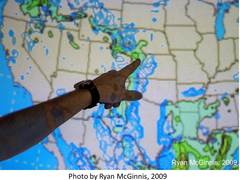 Karen: Most of the year we spend in the office analyzing data, writing papers and planning projects. During the chase season however, our days consist of a lot of traveling, waking up in different hotels every morning, and deciding where to best conduct our experiments. We are currently working on the ROTATE project, which began at the beginning of May, 2012 and runs to the end of June, 2012. When out in the field, we spend much more time searching for tornados and much less time actually collecting data. The majority of our days are spent deciding where to go, checking instruments to ensure they are ready, and then waiting. Only about 2 hours or so are actually spent collecting data during a storm. Tornados are short lived, and we spend a lot of time strategizing to get the best data.
Karen: Most of the year we spend in the office analyzing data, writing papers and planning projects. During the chase season however, our days consist of a lot of traveling, waking up in different hotels every morning, and deciding where to best conduct our experiments. We are currently working on the ROTATE project, which began at the beginning of May, 2012 and runs to the end of June, 2012. When out in the field, we spend much more time searching for tornados and much less time actually collecting data. The majority of our days are spent deciding where to go, checking instruments to ensure they are ready, and then waiting. Only about 2 hours or so are actually spent collecting data during a storm. Tornados are short lived, and we spend a lot of time strategizing to get the best data.
Josh: For me, it is hard to define an average day. This is one of the great things about my job. Some days I spend managing my company, working on such tasks as business accounting. Other days I spend in the lab working with other scientists, conducting calculations and analyzing results. A lot of time is spent traveling, whether I am working on our own missions collecting data for tornados and hurricanes, or working on projects for other scientists. Karen and I participated in a mission this winter supporting other scientists from the University of Wyoming and University of Colorado who were studying snow storms in Wyoming. In early November, 2011, we took radar up into the mountain passes of Wyoming to gather data on blizzards. We commuted to the mountain passes via snowmobile, then stayed a night or two in very difficult and challenging winter conditions.
What do you like best about your job?
Karen: I really like the diversity of my job. Not every day is typical, and just when I start to get bored there is something new to do. Be it a new project or new data to look at, I enjoy the challenge of doing different things at different times.
Josh: The variety definitely keeps us from getting bored. We get to travel to interesting places, even international places such as France, to present our tornado work and attend conferences. We get to field different projects, collect data and spend time in the lab. Working for this small company is a less secure job than other types of jobs, but the variety of projects we get to work on is very interesting. I was drawn to science in the first place because scientists are the modern-day explorers in the world, and get to see and discover new things. People aren't really discovering new rivers or continents anymore, but now we are exploring space, the deep sea, and things in nature that people haven't seen before. We are seeking to answer questions like: What's inside a tornado? What's inside a hurricane? How does lightning form? What's happening in the climate? I think scientists are the people who 300 years ago would have been getting onto a boat and looking for new continents.
When you were a kid, did you like science, engineering and/or math? If so, what subject did you enjoy most and why? If not, what changed your mind?
Karen: I was always drawn to science, and more so to engineering. As a kid I used to like building things, and for a while I considered being an architect. I also have a strong interest in physics, but ultimately I liked the opportunities in meteorology the best.
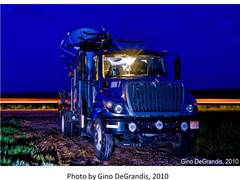 Josh: Both of my parents were architects, and I loved building and designing things. Even though I chose a scientific field, it isn't a coincidence that I ended up designing the Doppler on Wheels (DOW) systems. Even as a meteorologist I am always designing, building and tinkering with all kinds of instruments, including the vans which serve as our mobile operating centers, the DOWs and other types of radar networks. There are wonderful ways to incorporate my engineering interests into my work in meteorology.
Josh: Both of my parents were architects, and I loved building and designing things. Even though I chose a scientific field, it isn't a coincidence that I ended up designing the Doppler on Wheels (DOW) systems. Even as a meteorologist I am always designing, building and tinkering with all kinds of instruments, including the vans which serve as our mobile operating centers, the DOWs and other types of radar networks. There are wonderful ways to incorporate my engineering interests into my work in meteorology.
Was there a moment when you knew that you wanted to become a meteorologist? Tell us about it.
Karen: For me there was not a particular moment that I can pinpoint. I liked a lot of different things, and selected this path based on the opportunities I was interested in.
Josh: Sometime in my teen years I narrowed down on meteorology. I also used to love raising bugs, and for a time I pretty seriously considered being an entomologist. My parents even let me take over a room in our house to raise my bug collection. I went through another phase when I wanted to study astrophysics, and I even took courses in astrophysics at Harvard one summer. I ultimately settled on meteorology because it was a young field with big problems that I thought I could address.
What was the biggest challenge you faced in your journey to becoming a scientist?
Karen: My biggest challenge was probably deciding what to do. I had an interest in a lot of different types of science, and finally committing to a specific career path was long journey. I ultimately ended up pursuing the opportunities that I found most interesting.
Josh: I didn't like the educational process so much, because a lot of my courses didn't interest me. I had a hard time getting into the collegiate process, and I even took a 3 year break during graduate school before coming back to get my Ph. D. Ultimately I am happy that I stuck with it, because there are certain positions in meteorology that require a Ph. D.
What post-graduate opportunities exist for college students?
Josh: Meteorology is a branch of science that has many practical applications, and the diversity of careers in meteorology is larger than other fields of science. Students can focus on research, forecasting (for aviation, shipping, or construction to name a few), practical applications to agriculture, or on communicating meteorology to the public via broadcast or print. Meteorology not only requires meteorologists; there are also engineers, technicians, computer scientists, programmers, instrument designers, machinists and educators working in the field. There are people at all levels working in meteorology. In terms of our current staff at CSWR, we have approximately 3 people who hold a Ph. D. in Meteorology, 1 person with a master's degree and 1 person who holds a bachelor's degree. We also have 20 undergraduates working with our project now, and are getting experience in observational meteorology, and how fieldwork works.
Are there exciting things happening in your field that could involve students who will enter the field in 5-10 years?
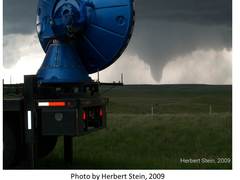 Karen: Because meteorology is such a young field, many of the meteorological problems are not going to be solved in the next 15 years. Climate change is becoming a major concern for a lot of people, and a lot of data still needs to be gathered about severe weather.
Karen: Because meteorology is such a young field, many of the meteorological problems are not going to be solved in the next 15 years. Climate change is becoming a major concern for a lot of people, and a lot of data still needs to be gathered about severe weather.
Josh: The practical application in meteorology is usually tied to what is going on in society. 100 years ago, a lot of meteorological application dealt with how weather would affect shipping. Now meteorologists are forecasting for aviation, rocket launches and driving. Broadcast meteorology only exists because of the invention of TV, so who knows what technology will be relevant in 15 years. The basic scientific problems are still challenging meteorologists as well, and we are nowhere near the basic knowledge that we need.
Meteorology in a lightning flash:
- There are many diverse branches of meteorology. Some of the branches include: broadcasting, forecasting, research, forensic meteorology and climate meteorology.
- You don't necessarily have to be a meteorologist to study the weather. The field of meteorology also employs engineers, computer scientists, instrument designers, educators and outreach coordinators.
- Even though meteorology is considered a young field, Aristotle is considered the father of meteorology.
- The Doppler on Wheels (DOW) project is responsible for the first ever mappings of tornado winds, hurricane wind streaks, and resolution of detailed tornado structure. (http://www.cswr.org/dow/DOW.htm)
Astrophysics: the branch of astronomy that deals with the physical properties of celestial bodies and with the interaction between matter and radiation in the interior of natural bodies found in space
Entomology: the study of insects
Forecasting: to predict a future condition or occurrence
Radar: a device for determining the presence and location of an object by measuring the time for the echo of a radio wave to return from it and the direction from which it returns
ROTATE: stands for Radar Observations of Tornados and Thunderstorms Experiment
Weather Station: an installation equipped and used for meteorological observation
(As adapted from dictionary.com)
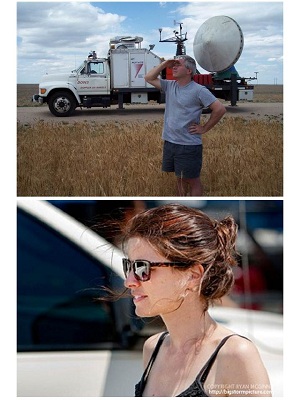



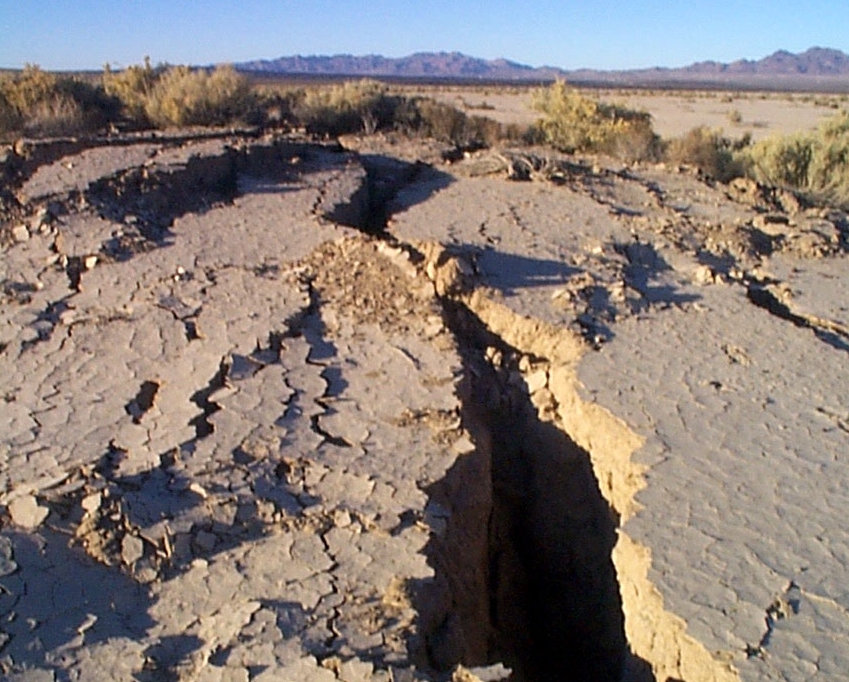
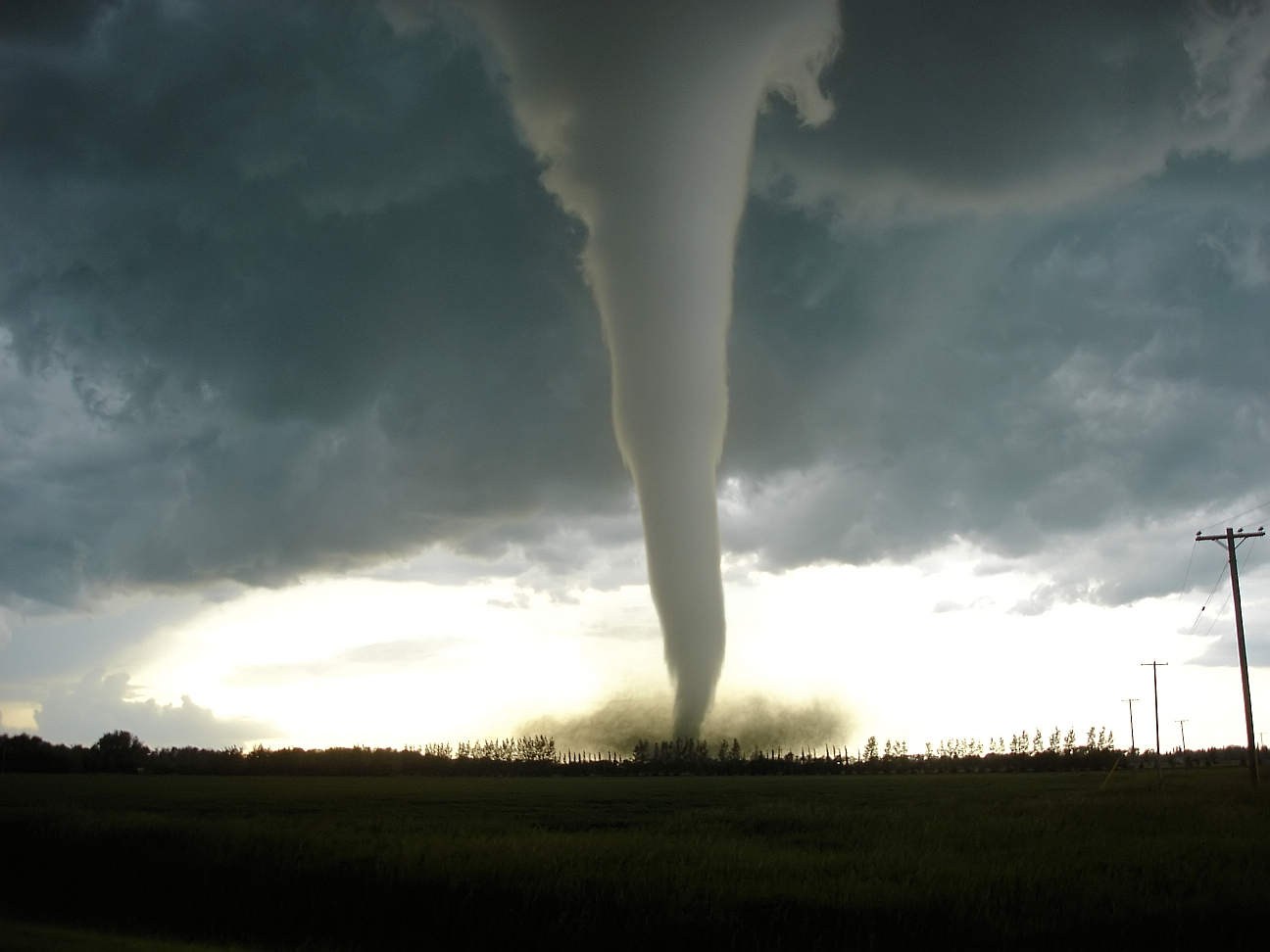
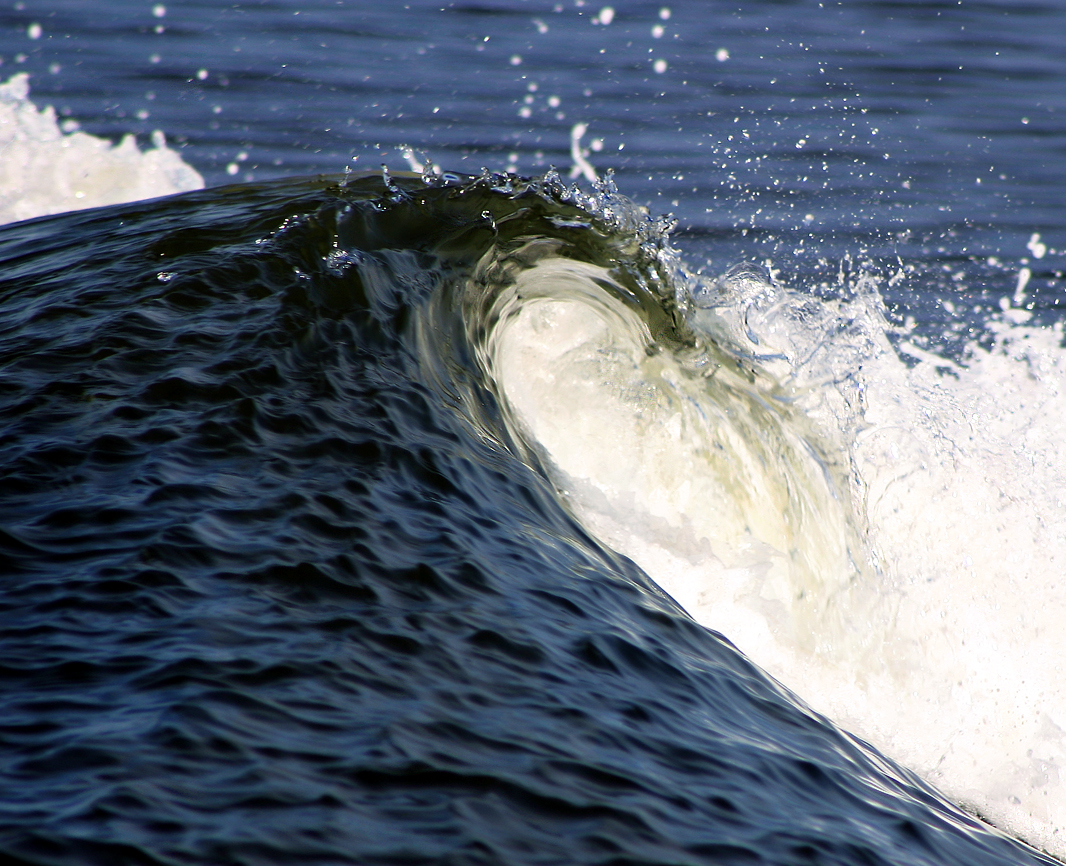



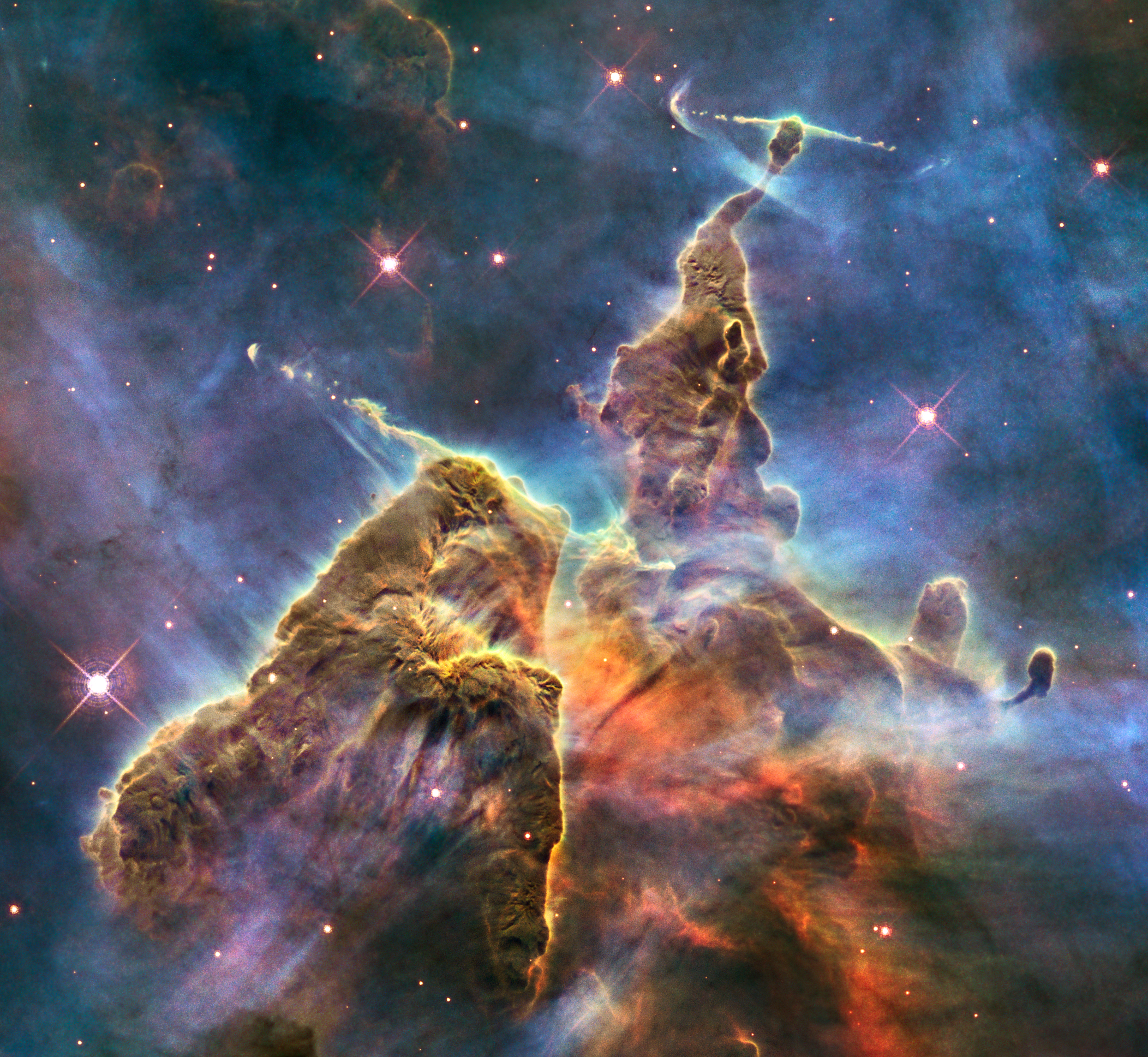
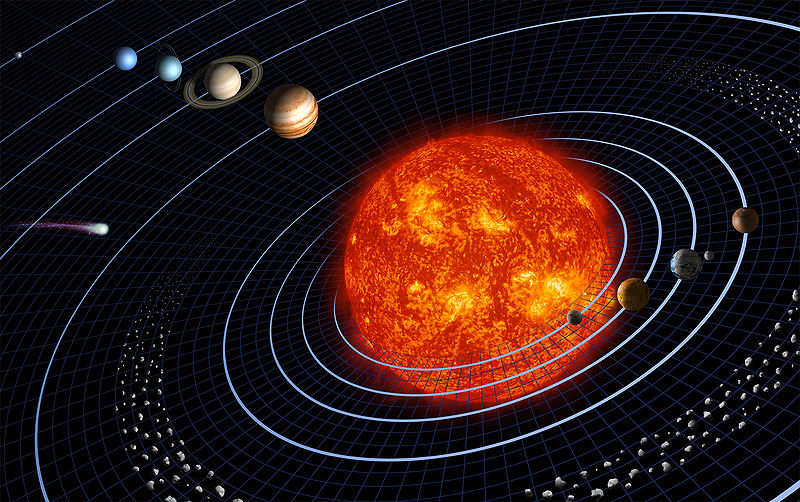
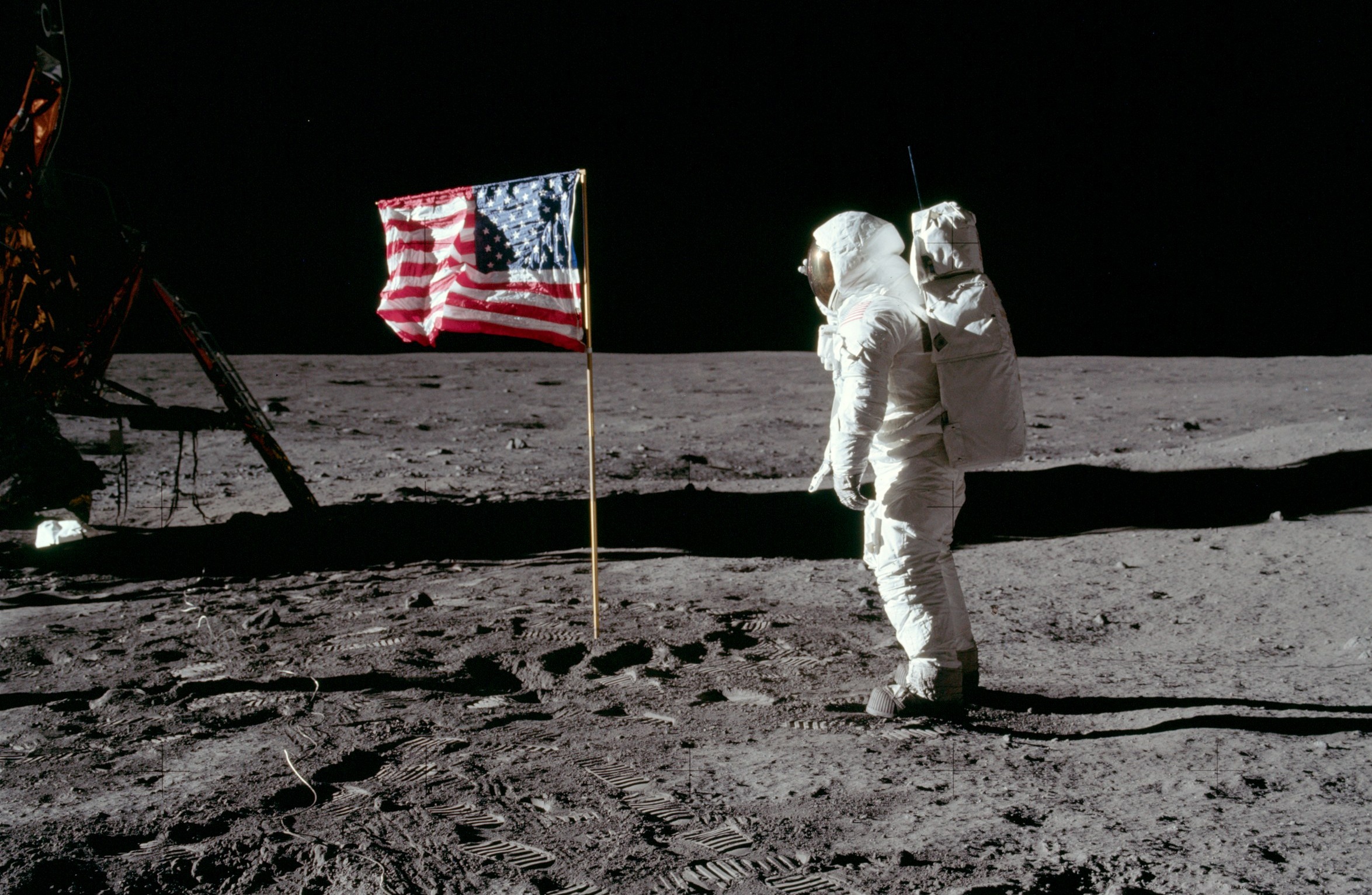
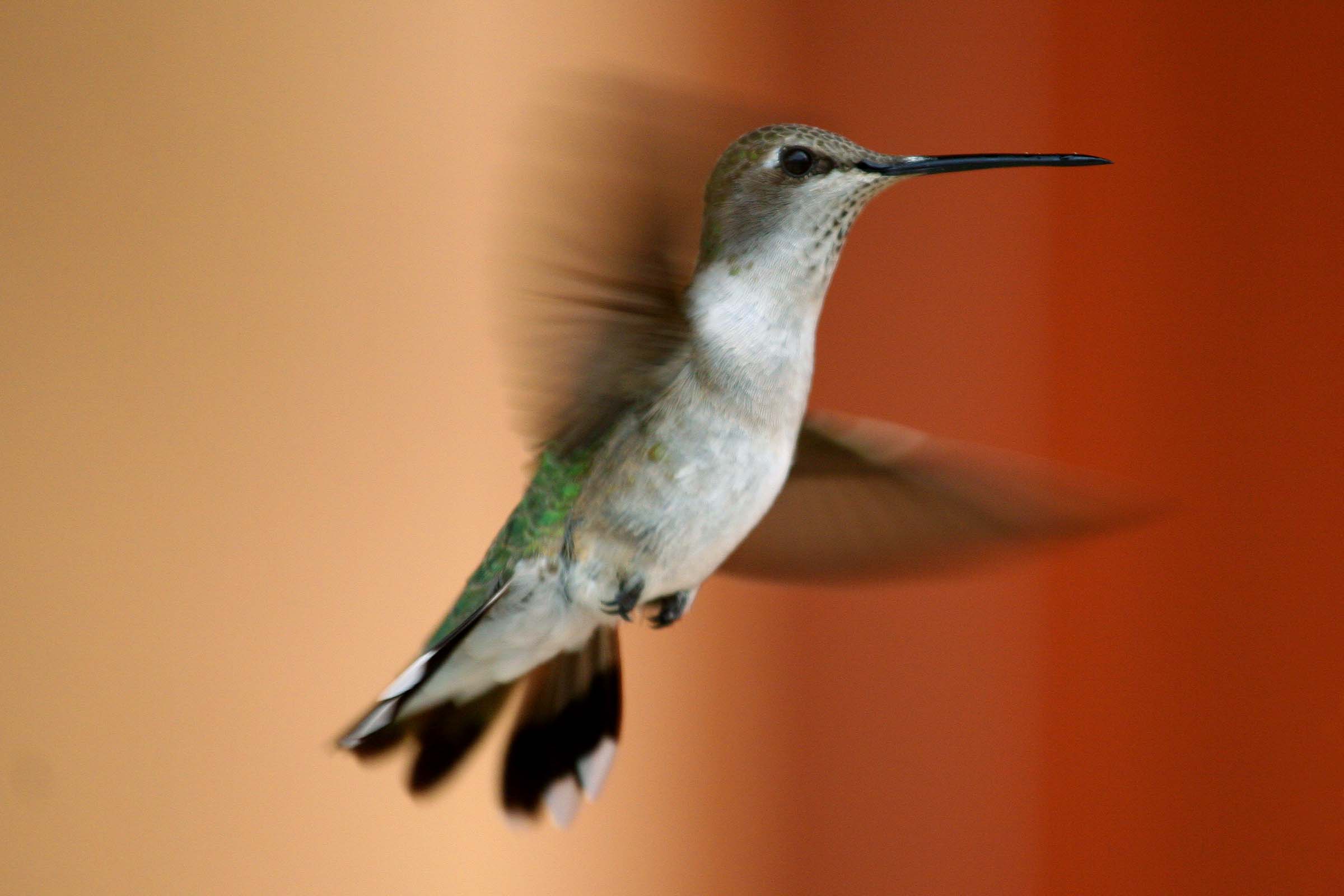
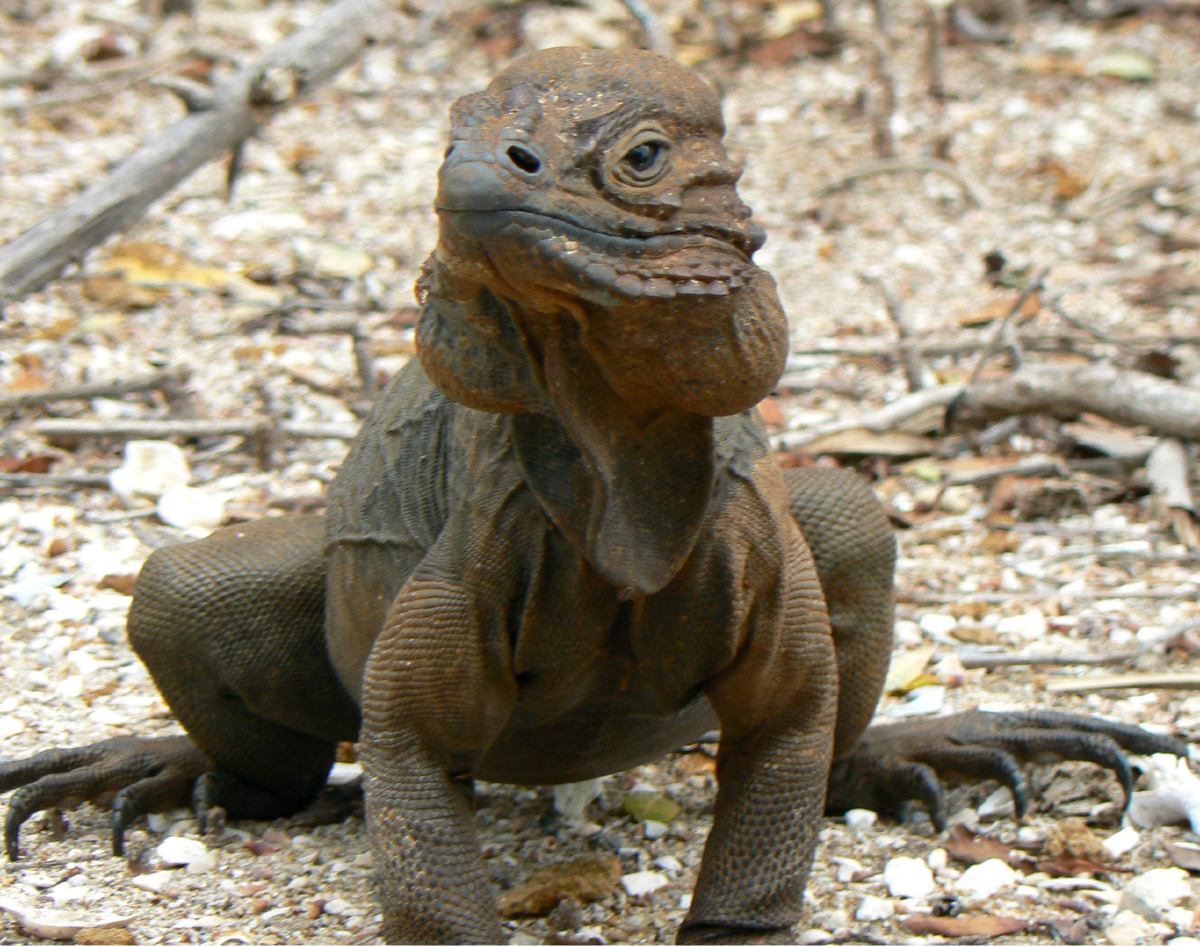
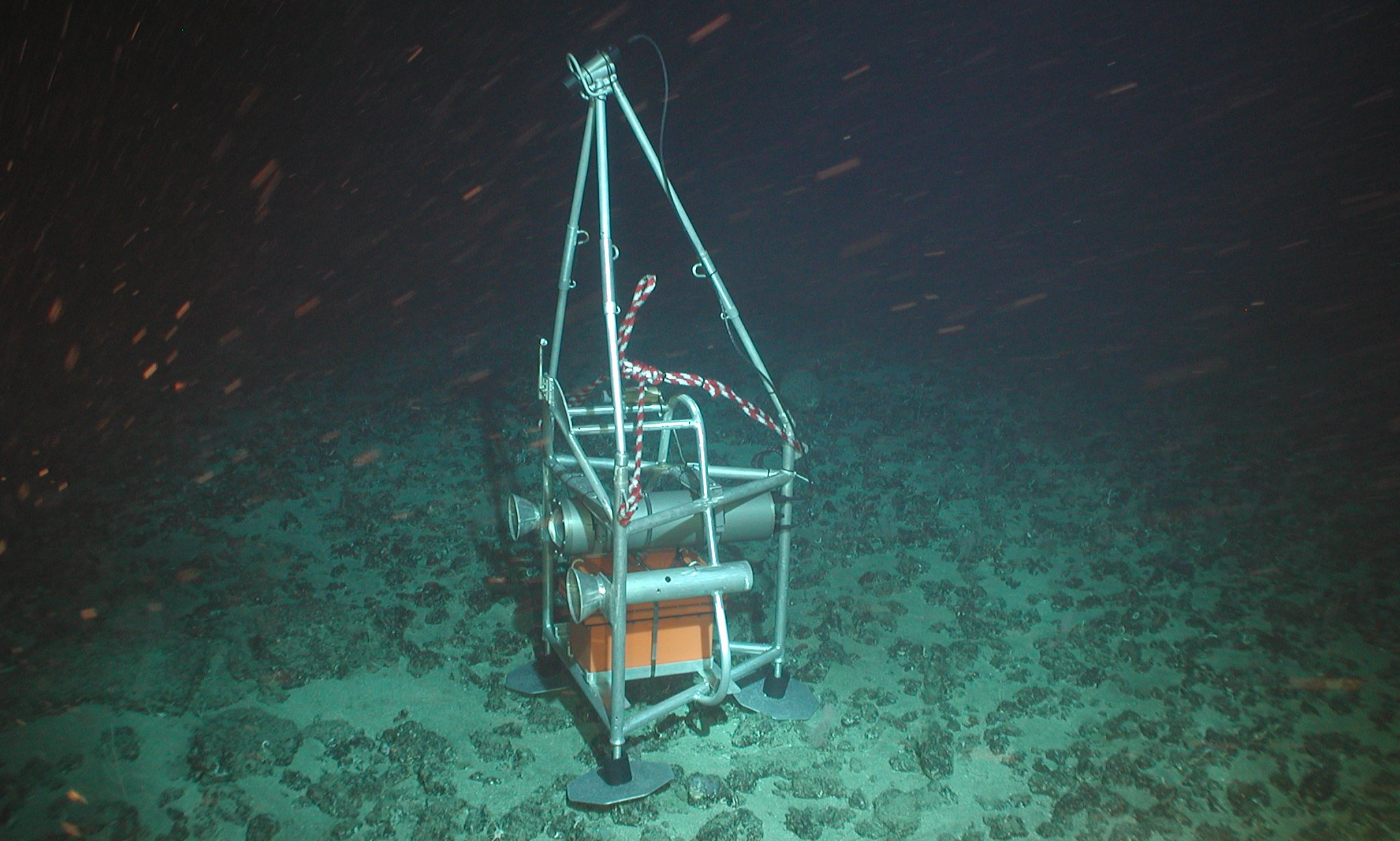
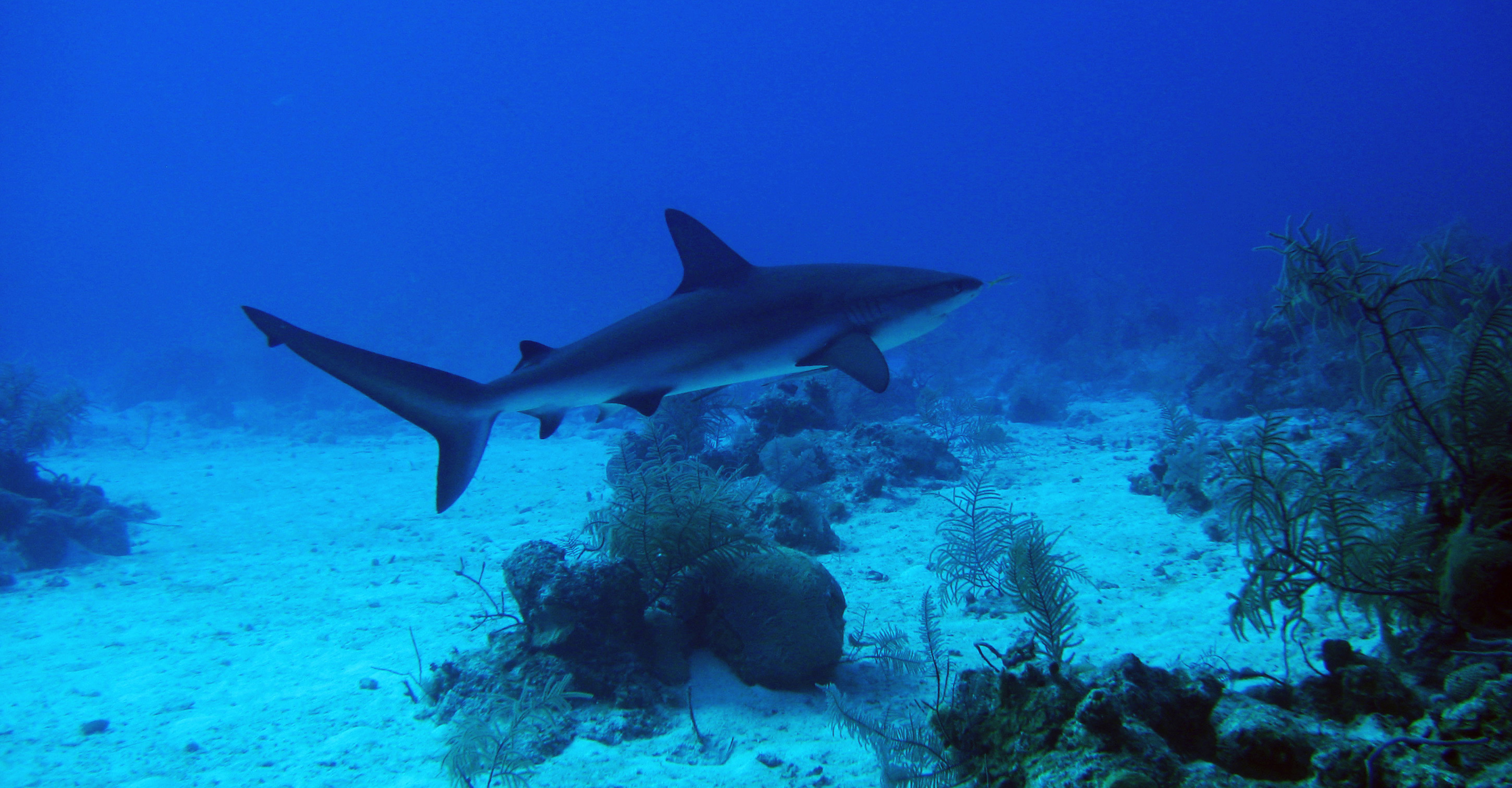
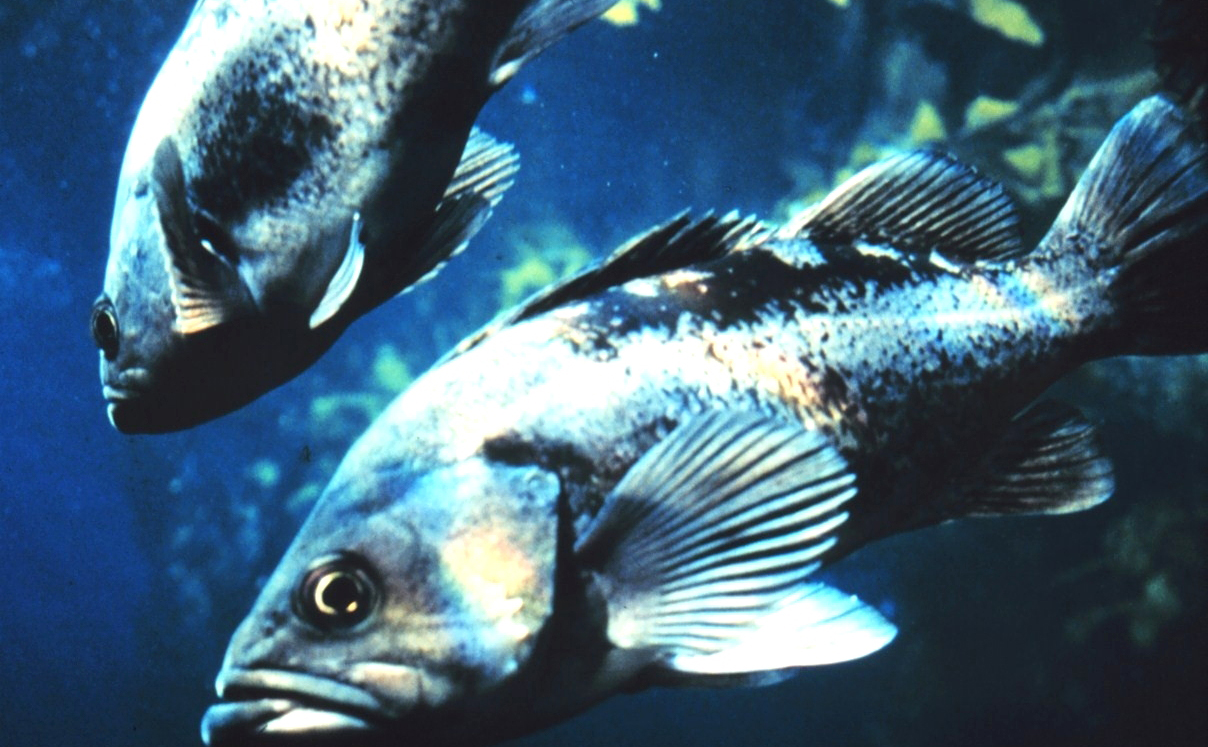
 Karen: Most of the year we spend in the office analyzing data, writing papers and planning projects. During the chase season however, our days consist of a lot of traveling, waking up in different hotels every morning, and deciding where to best conduct our experiments. We are currently working on the
Karen: Most of the year we spend in the office analyzing data, writing papers and planning projects. During the chase season however, our days consist of a lot of traveling, waking up in different hotels every morning, and deciding where to best conduct our experiments. We are currently working on the  Josh: Both of my parents were architects, and I loved building and designing things. Even though I chose a scientific field, it isn't a coincidence that I ended up designing the Doppler on Wheels (DOW) systems. Even as a meteorologist I am always designing, building and tinkering with all kinds of instruments, including the vans which serve as our mobile operating centers, the DOWs and other types of radar networks. There are wonderful ways to incorporate my engineering interests into my work in meteorology.
Josh: Both of my parents were architects, and I loved building and designing things. Even though I chose a scientific field, it isn't a coincidence that I ended up designing the Doppler on Wheels (DOW) systems. Even as a meteorologist I am always designing, building and tinkering with all kinds of instruments, including the vans which serve as our mobile operating centers, the DOWs and other types of radar networks. There are wonderful ways to incorporate my engineering interests into my work in meteorology. Karen: Because meteorology is such a young field, many of the meteorological problems are not going to be solved in the next 15 years. Climate change is becoming a major concern for a lot of people, and a lot of data still needs to be gathered about severe weather.
Karen: Because meteorology is such a young field, many of the meteorological problems are not going to be solved in the next 15 years. Climate change is becoming a major concern for a lot of people, and a lot of data still needs to be gathered about severe weather. 
